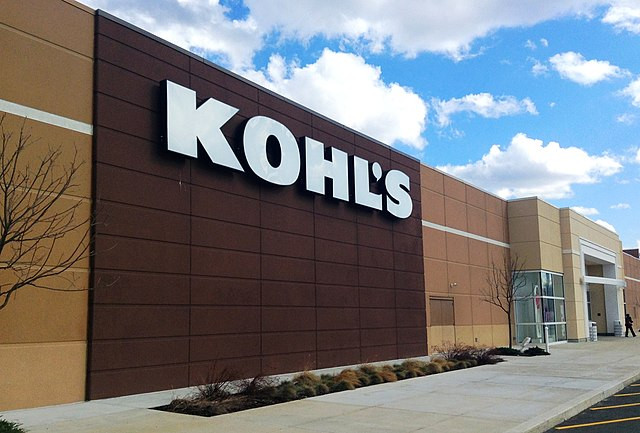Shares of Kohl's Corp. plunged 17% in premarket trading Tuesday after the retailer forecasted a significantly weaker-than-expected sales outlook for 2025, underscoring deepening challenges for department stores amid persistent inflation and shifting consumer behavior.
Despite reporting stronger-than-anticipated fourth-quarter earnings and revenues, Kohl's spooked investors with its downbeat projections, predicting revenue would shrink by 5% to 7% for the coming year. Analysts surveyed by LSEG had anticipated a decline of only 1.6%.
Comparable sales, a key measure of retail health tracking sales from stores open at least a year and online, are expected to drop between 4% and 6%. Wall Street analysts had forecasted just a 0.9% decline, according to data from StreetAccount.
Earnings per share for 2025 are projected to range between 10 cents and 60 cents-well below the midpoint expectation of $1.23 estimated by analysts. This stark outlook sent Kohl's shares sharply lower, adding pressure to a stock already down more than 50% over the past year.
Ashley Buchanan, Kohl's recently appointed CEO, has sought to stabilize the retailer by cutting nearly 10% of its corporate workforce and announcing the closure of 27 underperforming stores by April. Buchanan took over in January, replacing former CEO Tom Kingsbury after two turbulent years marked by strategic shifts and declining sales.
These measures, however, have yet to restore investor confidence. Instead, Kohl's finds itself navigating an increasingly challenging retail landscape, where inflationary pressures, tariff impacts from the Trump administration, and broader recession concerns continue to dampen consumer spending.
Kohl's struggles mirror those of competitors like Macy's, Walmart, and Target, all of which have recently tempered sales and profit expectations due to similar economic uncertainties. Analysts note consumers increasingly prefer discount chains such as TJX Cos.'s TJ Maxx and Burlington, both of which have reported robust traffic gains.
Indeed, customer visits to Kohl's fell by 4.4% on average between November and January, according to data from Placer.ai. This contrasted sharply with stronger foot traffic growth at discount rivals, highlighting the ongoing shift in consumer preferences toward value-driven retailers.
The retailer's fourth-quarter net sales fell to $5.18 billion from $5.71 billion the previous year, though this was slightly above Wall Street's expectation of $5.15 billion. Adjusted earnings per share for the quarter reached 95 cents, surpassing analyst estimates of 73 cents per share, indicating effective short-term cost management despite broader strategic challenges.




